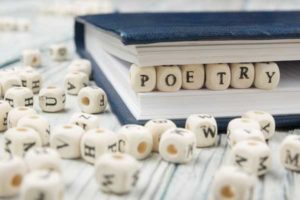
How to Analyze Poetry
An expert is someone who has mastered their craft through a process of study and practice. Poets are no different. It takes years to become an expert poet. An important part of studying poetry is analysis. Examining the form, content, and syntax of a poem helps us develop a better understanding and deeper appreciation —…Read More
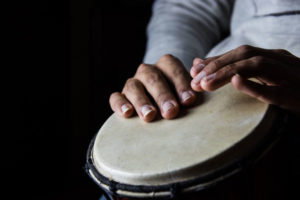
Poetry: Rhythm and Meter
Rhythm is everywhere: we hear it in the hum of vehicles and appliances. We feel it when we walk or run. We see it in the very rising and setting of the sun. Even our hearts beat to a rhythm. Rhythm is built into the way we experience and perceive the world. Merriam-Webster’s Dictionary offers several…Read More
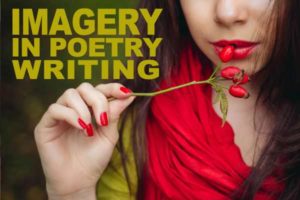
Using Imagery in Poetry Writing
When we talk about imagery, we’re usually referring to visuals — whatever we can see with our eyes. In literary (and more specifically, poetry) terms, imagery is anything that represents a sensory experience, regardless of whether it’s experienced through the eyes, ears, nose, mouth, or hands. There are various types of imagery that we can…Read More
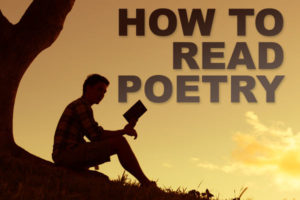
How to Read Poetry
Have you ever fallen in love with a song immediately upon hearing it? As soon as it’s over, you whip out your phone to find the song, and then you play it on repeat for the rest of the day until you know every note and lyric. It becomes your current favorite, your latest obsession….Read More

Breaking Grammar Rules in Poetry Writing
Accomplished writers respect the rules of grammar the way an acrobat respects the tightrope — grammar might be intimidating and complicated, but we need it in order to perform. Yet sometimes, an acrobat takes her foot off the tightrope. She does a flip or some other trick of physical prowess that seems to defy the…Read More
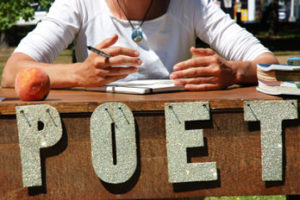
How to Improve Your Poetry Skills
Poetry writing requires no license, no education, and no experience. All you need to get started is a pen and some paper. In fact, many writers discovered their calling because they were compelled to write poetry at a young age. But there’s a big difference between writing poetry and writing good poetry. Opinions about the…Read More

The Personal Benefits of Writing Poetry
Poetry writing is an excellent practice for strengthening one’s writing skills. Through poetry writing, we gain command of language, cultivate a robust vocabulary, master literary devices, and learn to work in imagery. And that’s just a small sampling of how poetry improves basic writing skills. However, poetry has other benefits that are meaningful on a…Read More
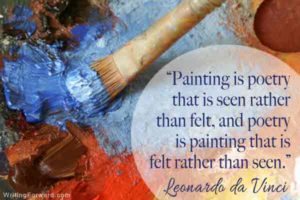
Poetry is Felt Rather Than Seen
What is Art? What is Poetry? For centuries, people have been asking what is art? Is art a question? An answer? An expression? A statement? Maybe it’s sheer entertainment. It’s a question we must answer for ourselves, especially artists and writers. I believe the best art entertains while it provokes thought or emotion, but that’s…Read More
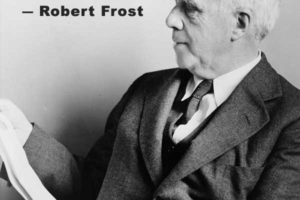
Quotes on Writing: Robert Frost on Emotions and Poetry
“Poetry is when an emotion has found its thought and the thought has found words.” ― Robert Frost Emotions are fickle. Sometimes they’re clear and brilliant: we’re happy, sad, frustrated, or angry. But emotions can also be complicated, layered, and conflicting. Sure, we’re happy, but we’re also kind of annoyed about something. We’re sad, but…Read More



